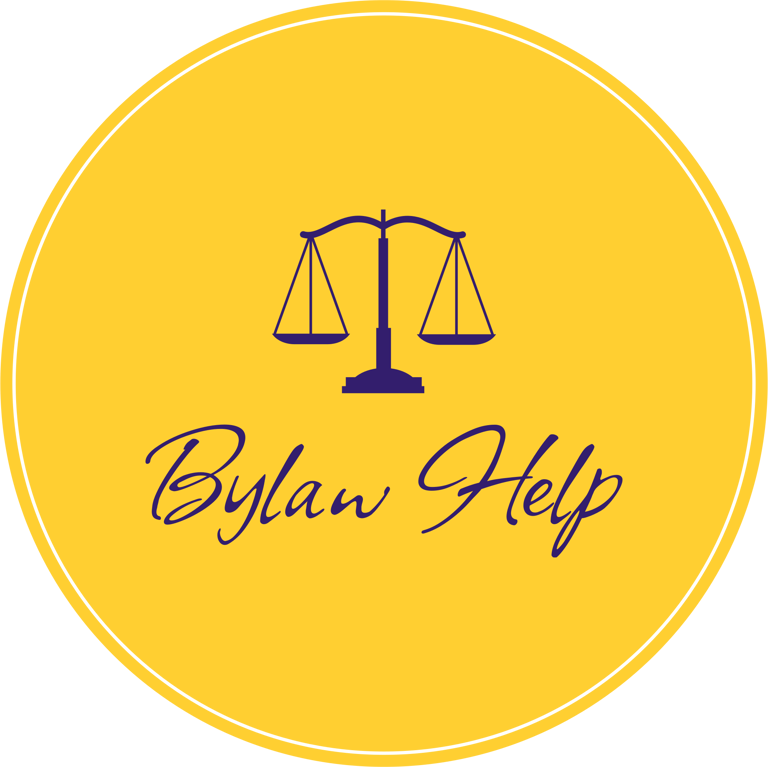Bylawpedia
In Canada, local government is a term which can be used to refer to the one of the three levels of government, the other two being the federal government and the provincial (and territorial) governments. Local governments are beneath the federal and provincial/territorial level of government, having much more restricted powers than the higher tiers. These governments are responsible for the provision of local services, and making regulations known as bylaws to govern matters of local concern, in a localized area which is a subdivision of a province or territory. They are also referred to as municipalities and can be broken down into various types of municipality, such as cities, towns, villages, etc. (Plunkett, 2006; Province of British Columbia, n.d.).
Under the Constitution of Canada, each province has authority over local governments within their borders (The Constitution Act, 1867, s. 92, Clause 8). Every province can decide how much power to grant their local authorities. Territories also have authority over their local governments, but the territories do not gain this from the constitution, instead having been delegated the power by the federal government (Graham, 2006).
For the province of British Columbia, the provincial government has enacted two primary pieces of legislation to set out how local government is to work: the Community Charter and the Local Government Act. Amongst other things, these statutes create different categories of local governments and grant different powers to each category (Community Charter, 2003; Local Government Act, 2015) . There are municipalities, which have a wide range of powers granted to them, as laid out in the Community Charter (Government of British Columbia, 2023a). There are also regional districts, a type of local government only found in British Columbia, which are a regional form of government where municipalities, Indigenous nations and unincorporated areas outside municipalities are all able to participate and which have a more limited range of powers than municipalities (Government of British Columbia, 2023c). There are also improvement districts and some other specialized bodies, but those are outside the scope of this website (Government of British Columbia, n.d.).
The governing body of a local government is usually known as a council (Plunkett, 2006); although in British Columbia the governing body of a regional district is referred to as a board of directors (Government of British Columbia, 2023b). Depending on the province or territory, and of the particular community, members of council can be elected to represent a specific geographic area in the community or can be elected 'at large', that is to say, everyone in the community gets to elect the member, regardless of geographical area (Lightbody, 2006).
Eligibility to vote in the elections for a local council or board depend on the laws of the province or territory in question. For the province of British Columbia, voting rights are recognized for all persons who, on the day of the election, are Canadian citizens who are 18 or older, are residents of the community in question and have lived in BC for at least 6 months. Additionally, BC law allows a person to vote in a local government election even if they don't live in the community, as long as the person is a Canadian citizen who is at least 18 years old, has lived in BC for at least 6 months and has owned land in the community for at least 30 days; but corporations do not get to vote and, in the case of land that has multiple individuals as owners, only one of the individuals gets to vote based on ownership (Government of British Columbia, 2022). Persons can be disqualified by law from voting in local government elections under certain circumstances; i.e. section 64 of the Local Government Act declares a person to be disqualified if, amongst other things, the individual is serving a sentence of imprisonment for an indictable offence and has not been released on parole or probation (Local Government Act, 2015, s. 64).
REFERENCES:
Community Charter, SBC 2003, c 26. https://canlii.ca/t/5660d
Graham, K.A. (2006). Territorial Government in Canada. In The Canadian Encyclopedia. https://www.thecanadianencyclopedia.ca/en/article/territorial-government
Government of British Columbia. (n.d.). Local Governments. Province of British Columbia. Retrieved on March 10, 2024 from https://www2.gov.bc.ca/gov/content/governments/local-governments
Government of British Columbia. (2022, November 9). Voter eligibility. Province of British Columbia. https://www2.gov.bc.ca/gov/content/governments/local-governments/governance-powers/general-local-elections/voting-local-elections/voter-eligibility
Government of British Columbia. (2023a, January 5). Municipal regulatory powers. Province of British Columbia. https://www2.gov.bc.ca/gov/content/governments/local-governments/governance-powers/powers-services/municipal-powers-services/regulatory-powers
Government of British Columbia. (2023b, November 2). Regional districts in B.C. Province of British Columbia. https://www2.gov.bc.ca/gov/content/governments/local-governments/facts-framework/systems/regional-districts
Government of British Columbia. (2023c, December 7). Regional district regulatory powers. Province of British Columbia. https://www2.gov.bc.ca/gov/content/governments/local-governments/governance-powers/powers-services/regional-district-powers-services/regulatory-powers
Lightbody, J. (2006). Local Elections. In The Canadian Encyclopedia. https://www.thecanadianencyclopedia.ca/en/article/local-elections
Local Government Act, RSBC 2015, c. 1. https://canlii.ca/t/566f7
Plunkett, T.J. (2006). Municipal Government in Canada. In The Canadian Encyclopedia. https://www.thecanadianencyclopedia.ca/en/article/municipal-government
Province of British Columbia. (n.d.). Understanding Our Government. WelcomeBC. Retrieved on March 10, 2024 from https://www.welcomebc.ca/Choose-B-C/Explore-British-Columbia/Understanding-Our-Government
The Constitution Act, 1867, 30 & 31 Vict, c 3. https://canlii.ca/t/ldsw
